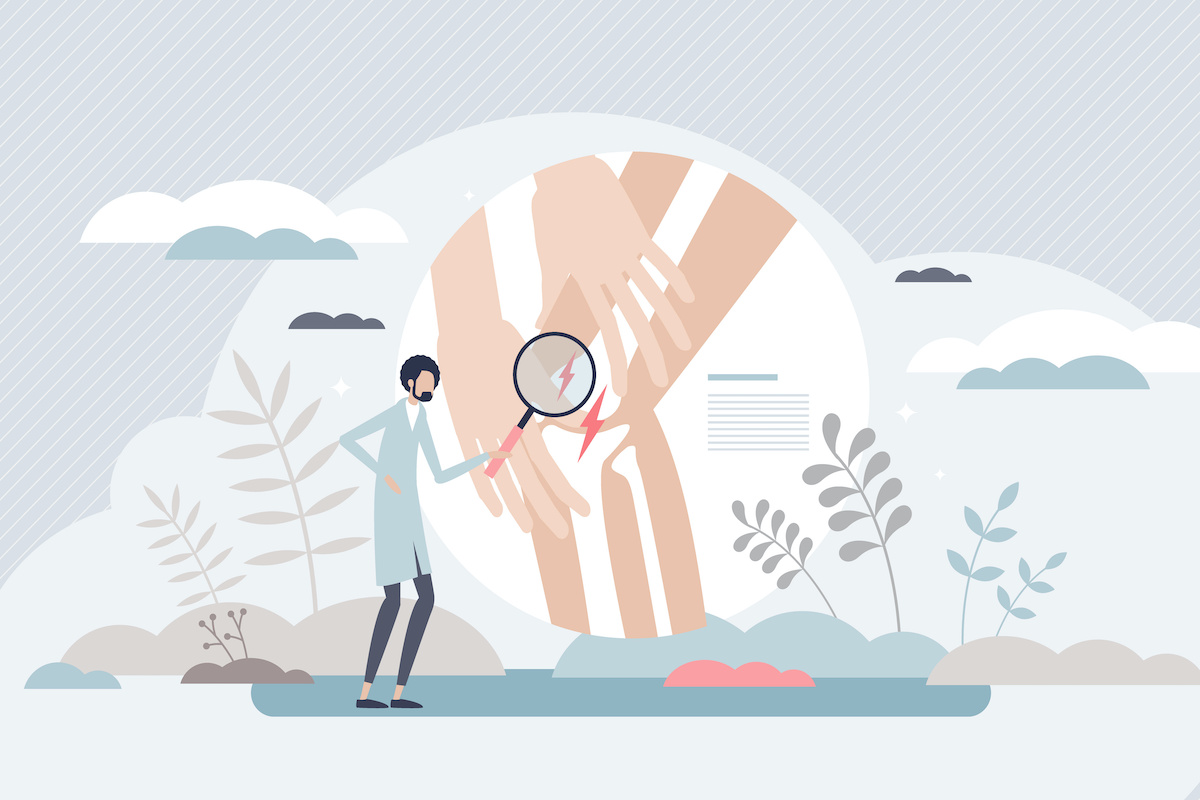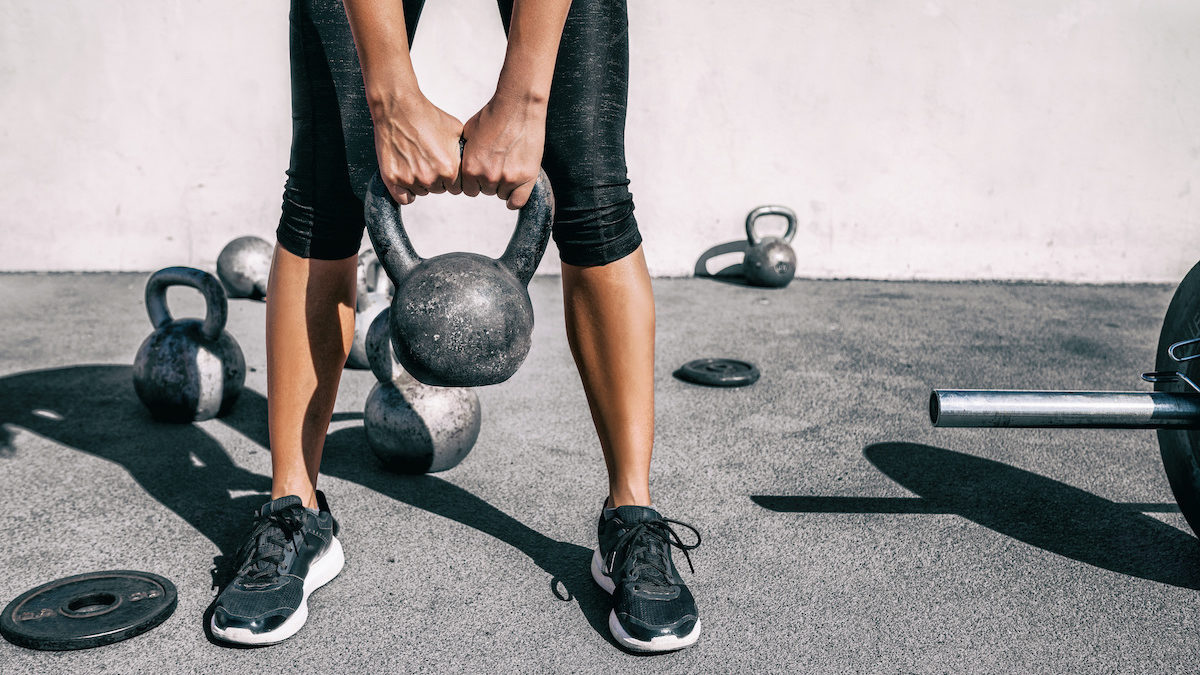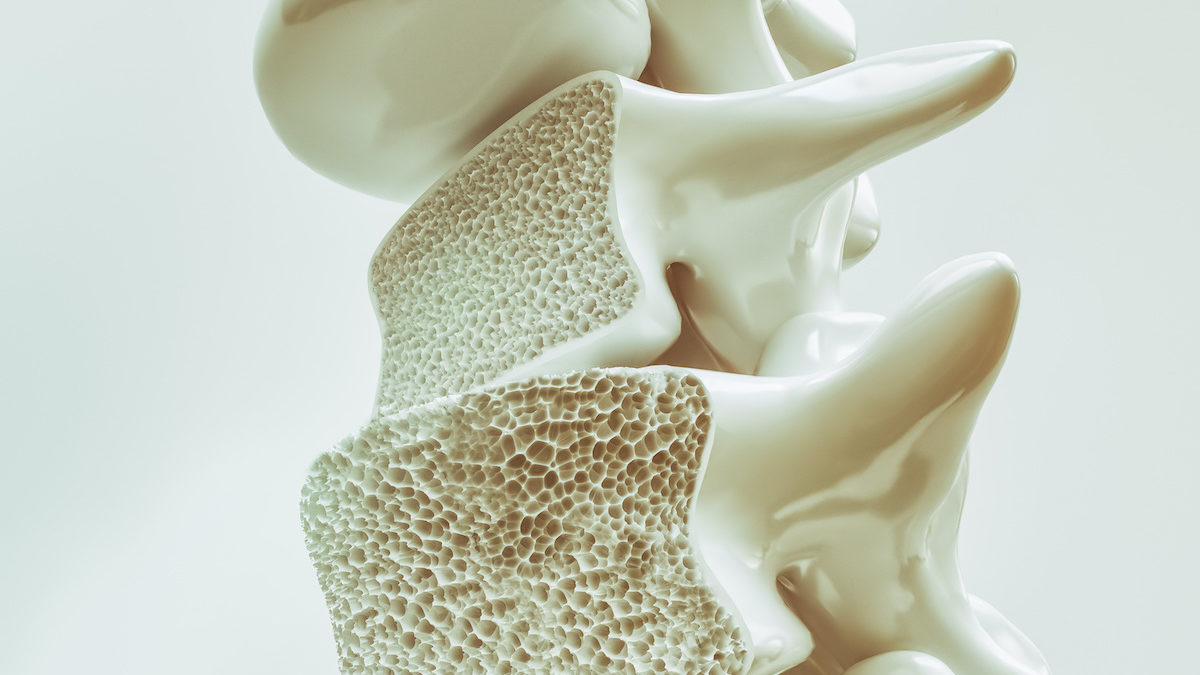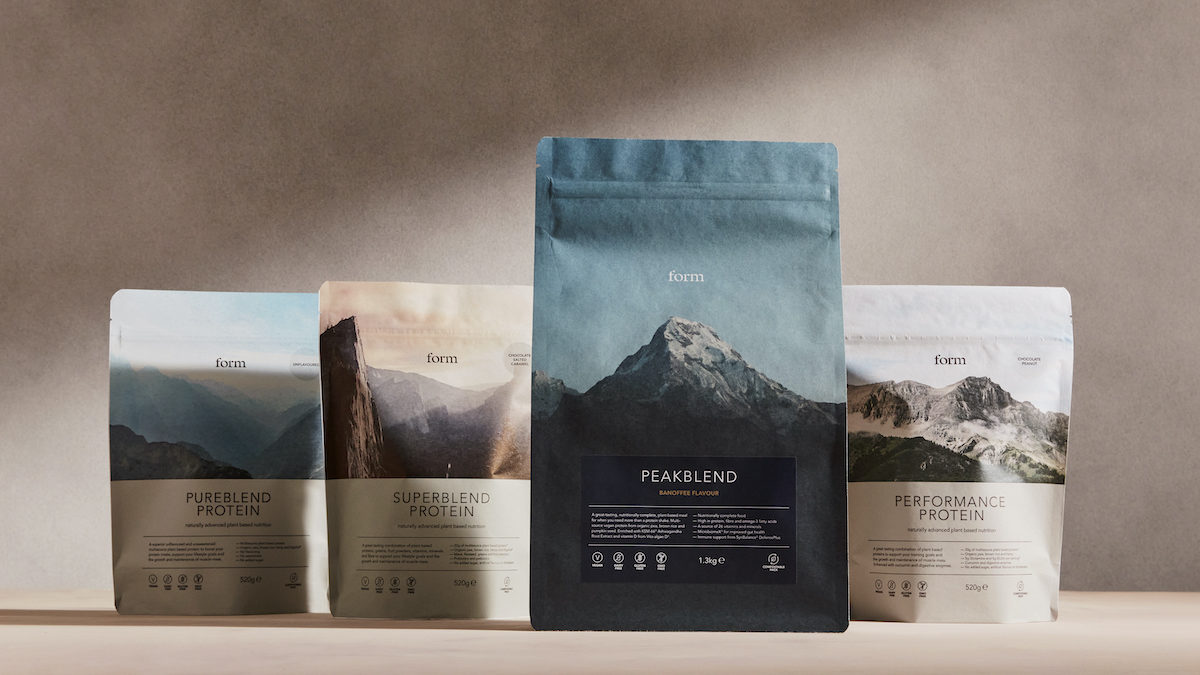Why Is Bone Density Important and Can You Regain It When Lost

Bone health might not dominate the pages of health and fitness magazines like muscle building and gut health do, but that’s not to say it’s any less important to our enjoyment of life, especially as we age.
According to the National Osteoporosis Foundation, an estimated 10 million Americans have osteoporosis and another 44 million have low bone density, while the NHS states that over 3 million people in the UK have the condition. Staving off osteoporosis is just one of the reasons why looking after your bones is important.
“Your bones not only provide structure but also protect your organs, store calcium and anchor muscles,” explains Nadia Alibhai, principal osteopath and owner of Back 2 Well-being.
“When you are young, your body makes new bone faster than it breaks down old so your bone mass increases, but as you get older new bone is made at a slower rate. Most people reach their peak bone mass by the age of 30. Although bone remodelling continues, you lose slightly more bone mass than you gain.”
Why Is Bone Density Important
Bone density, or bone mineral density, is the amount of bone mineral in bone tissue. Having high bone mineral density reduces your risk of breaking bones later on in life, as well as any pain or impaired posture due to brittle and weak bones.
“Bone density is important for the strength of your bones but when your bones lose minerals such as calcium faster then they can be replaced it can lead to osteoporosis,” says Alibhai.
“The best way to check your bone health is through a bone density test known as a DXA test or a bone mineral density (BMD) scan. This test will give you a T score which measures your bone mass. If you are concerned about your bone health or have a genetic history of osteoporosis, it is a good idea to speak with your healthcare practitioner who can refer you for the necessary tests.
Some tell-tale signs that your bones are getting weak according to Alibhai include weak grip strength, noticing fractures with the slightest impact, brittle fingernails, receding gums, loss of height, stooped posture, and back or neck pain.

Can You Regain Lost Bone Density?
While the answer to this question is definitive, according to Alibhai, there are some optimistic caveats. “You can’t regain the bone density you had in your youth but you can help prevent further thinning of your bones to help keep your bones strong.”
Here are some ways in which you can look after your bone health and keep that bone density going strong.
Calcium And Vitamin D
“Calcium and vitamin D [can aid bone health] as the calcium is important to build strong bones and the vitamin d helps the body to absorb calcium,” says Alibhai.
If you’re vegan or dairy-free, you’ll still be able to find plenty of calcium in green leafy vegetables such as curly kale and okra — although you might need a supplement like our Multi to make sure you’re getting enough.
In terms of vitamin D, our bodies produce the nutrient when exposed to sunlight, while food sources include oranges and mushrooms. Again though, with high rates of vitamin D deficiency, especially in winter, it might be worth thinking about supplementation.

Don’t Smoke And Cut Down Your Alcohol Intake
Smoking and drinking haven’t been viewed as healthy past times since the Mad Men era, and even then the jury was out. So it’s no surprise to find the dual vices are both detrimental to bone health, with smoking restricting the flow of oxygen-rich blood that nourishes bones, muscles and joints and helps them heal, while also affecting the body’s ability to absorb calcium.
On the other hand, research has shown that women between the ages of 67 and 90 who consumed an average of more than 3 ounces of alcohol per day (the equivalent of six drinks) had greater bone loss than women who had minimal alcohol intake.
Weight Bearing Exercise
“The bone needs encouragement to rebuild bone and this is done best when the skeleton is under stress so it can get stronger,” says Alibhai. “Activities such as walking jogging or weight resistance make your bones and muscles work against gravity which puts stress on the skeleton and strengthens bones. Swimming on the other hand has no impact on the bones which can be great if you suffer from osteoarthritis, but not necessarily osteoporosis.”
Up Your Protein
When it comes to nutrition and your bones, many people appreciate the role of calcium, and indirectly vitamin D, but protein is also a key influence. This would seem obvious given that 50 percent of bone, by volume, is made up of protein.
Beyond a structural role, protein also influences bone formation in other key ways, firstly through certain amino acids like arginine which help absorb calcium through the gut wall, and secondly by increasing IGF-1 production through osteoblasts, the cells responsible for bone formation.

Sleep Well
Sleep is important in a myriad of ways, not least for preventing any Monday morning rattiness. It also plays a big role in bone health according to a 2019 study published in the Journal of Bone and Mineral Research, which compared over 11,000 generally healthy menopausal women clocking either fewer than five hours of sleep or a far more sensible seven.
After adjusting for outside factors, bone scan data found women who slept for less than five hours had significantly lower bone mineral density and higher odds of osteoporosis at the hip, neck, spine and total body, with the difference between the two groups equal to approximately one year of bone ageing. Make sure you’re giving your nightly sleep the respect it deserves then — your bones will thank you for it.


















